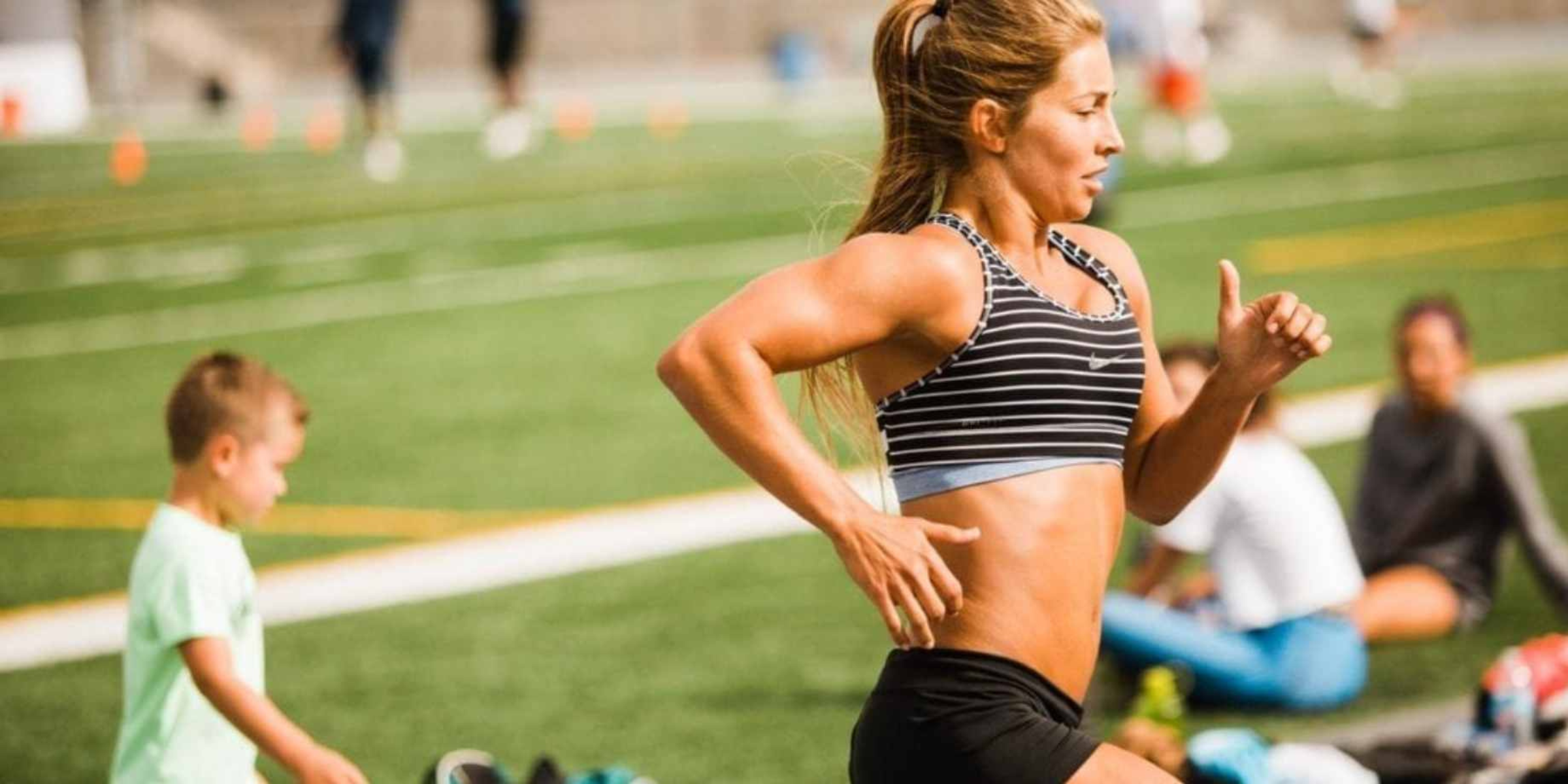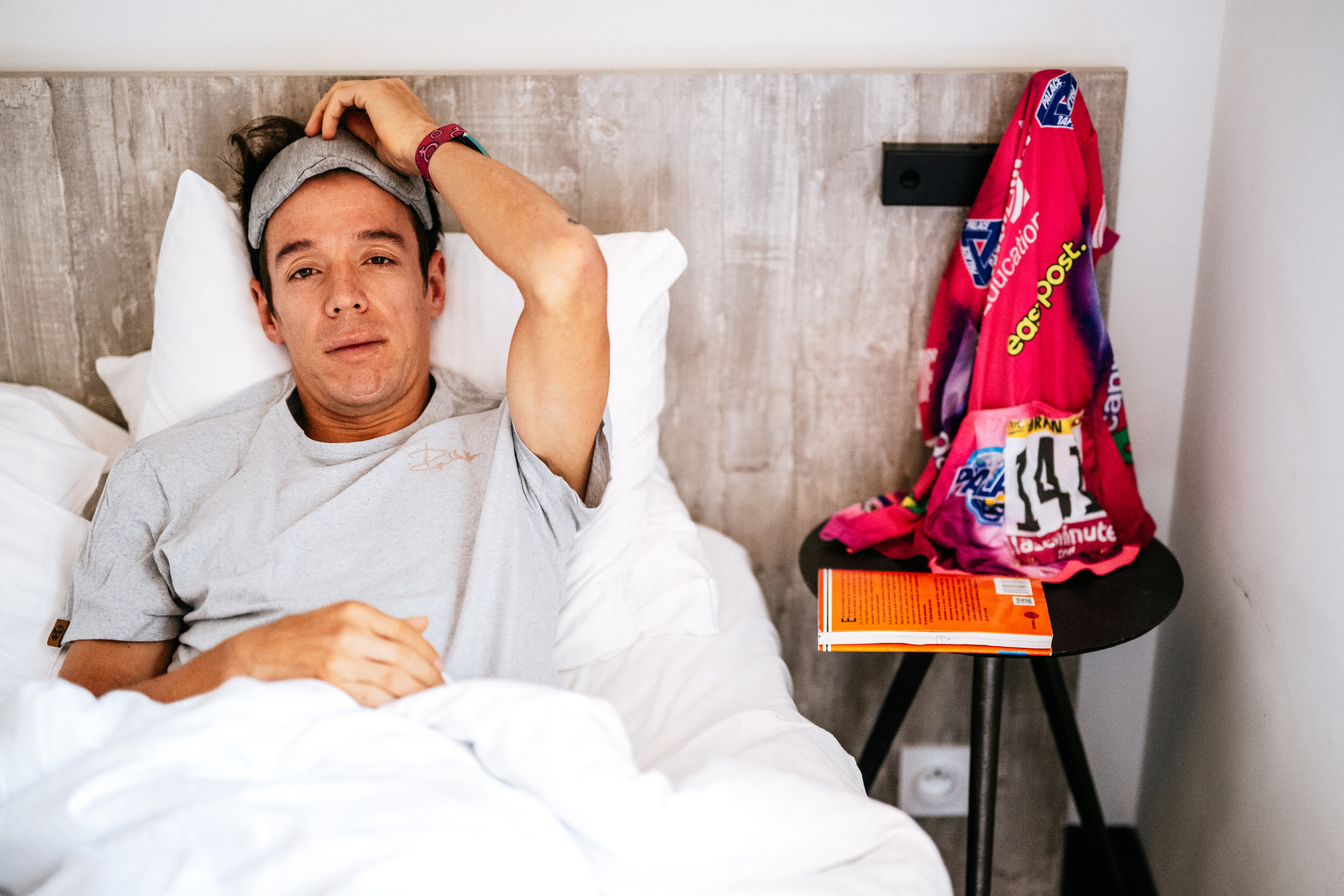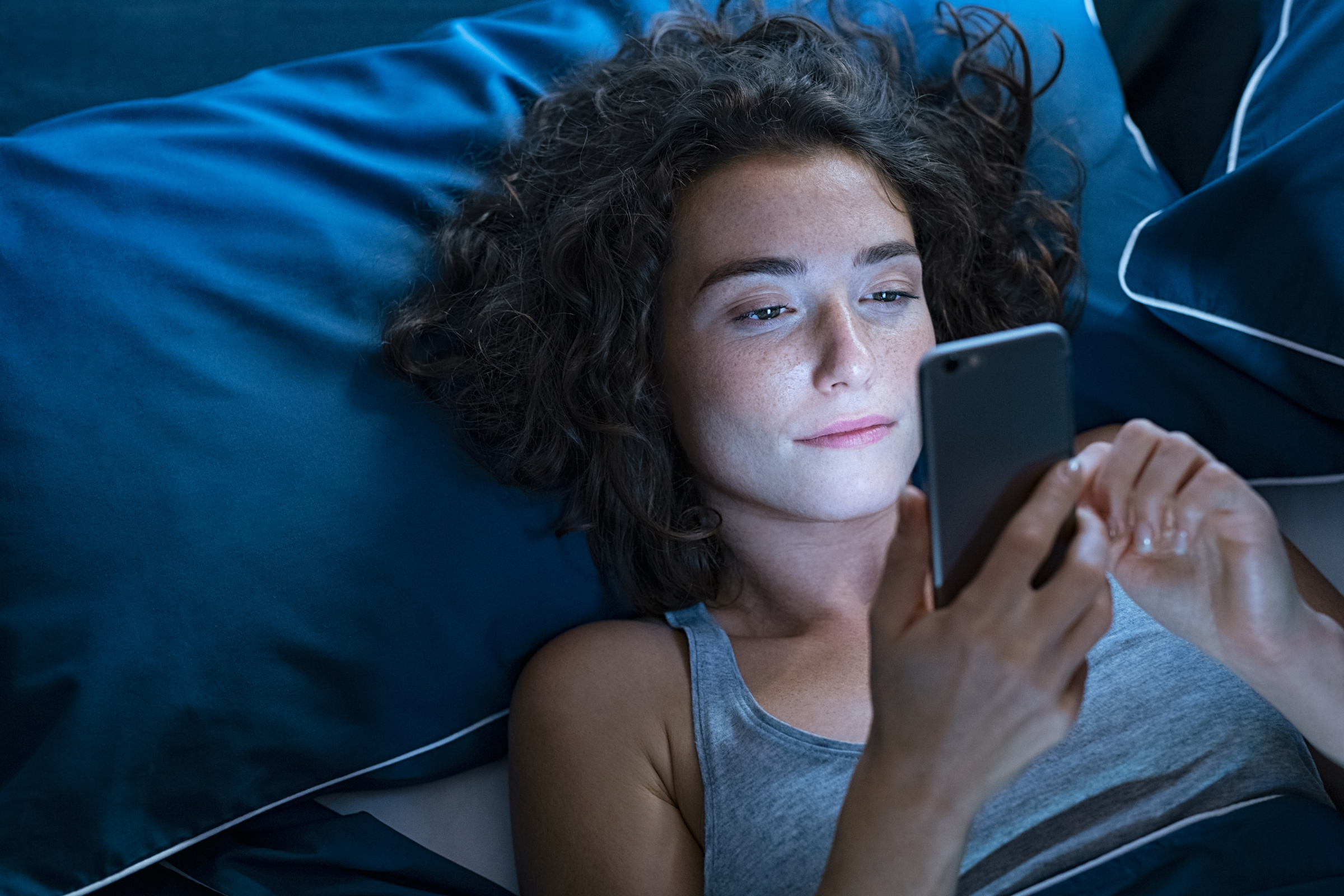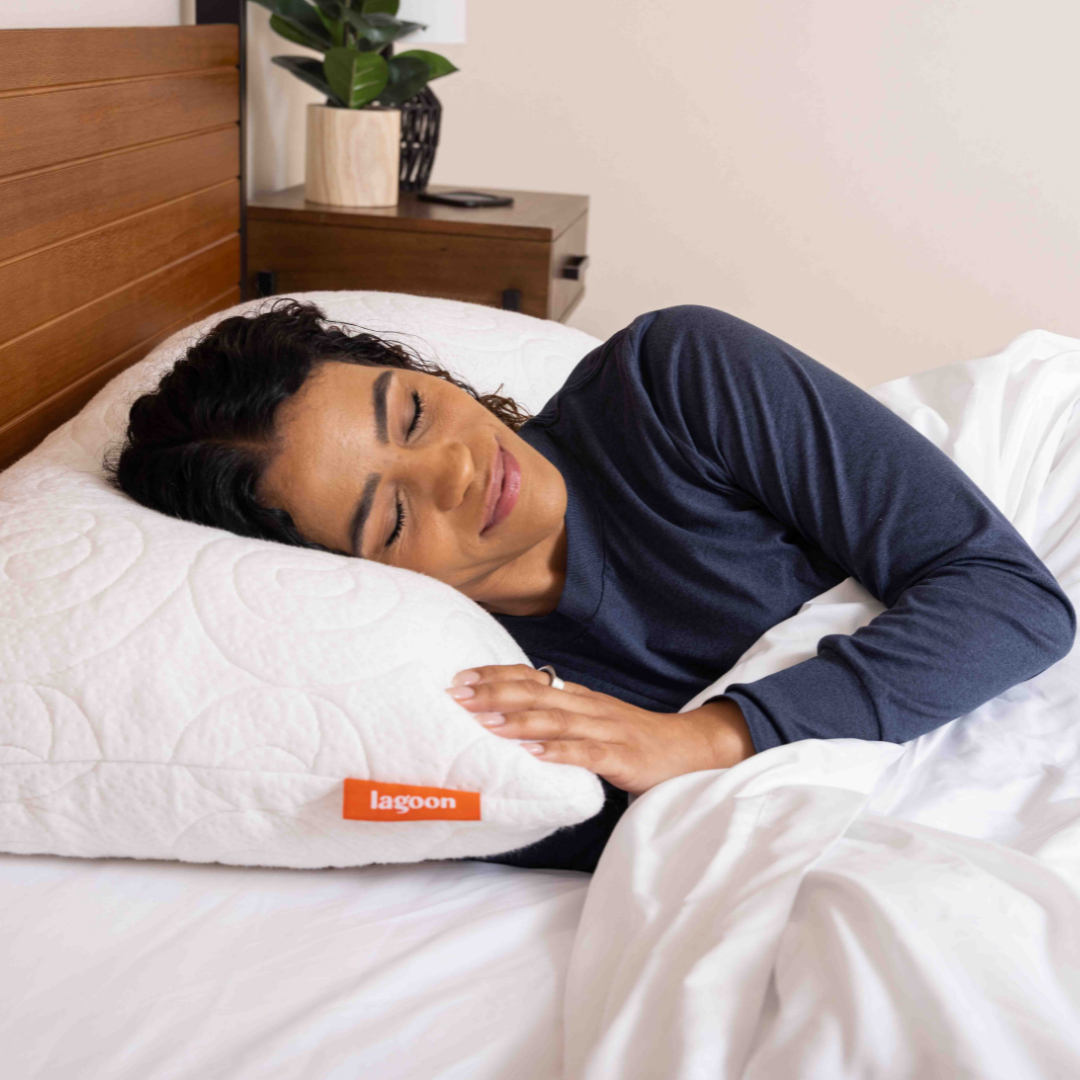Hey packlings 👋
Who are the best sleeper picks for the US Olympic Marathon Trials this weekend? Who has bigger sleep challenges - NHL players or ultrarunners? We’ve got the answers, and plenty of other fun topics in this week’s edition of the Sleep & Fitness News. Let’s get into it!
🏃♀️ Don’t Miss the US Olympic Marathon Trials this Saturday!
You might have noticed, but we’re pretty big running fans over here at Lagoon. So the fact that the U.S. Olympic Trials for the Marathon are happening this weekend in Orlando, FL is kind of a big deal for us. If you’re looking to get in on the action too we recommend checking out the Relay Podcast’s episode where they cover the favorites for the women’s and men’s races, as well as some sleeper picks (!) sponsored by Lagoon.😉 If you’re just looking to cheer for a couple of Pack members, be sure to root for our friends Makenna Myler and Mary Denholm! The races start at just after 10am ET on Saturday, Feb 3rd and the top three men and top three women will each punch their tickets to Paris this summer.
🤕 Unraveling the Link Between Sleep Quality and Migraine Headaches
Here’s an interesting read on what researchers have recently uncovered as an important link between sleep and migraine headaches. One of the key findings showed that participants who perceived a reduced quality of sleep the night before had a 22% increased chance of a migraine attack the following morning. The researchers also found that lower energy levels the prior day increased the chances of a morning attack the following day by 16%. “Research suggests that approximately half of patients with migraine have a circadian pattern to their headaches, with the headaches occurring at about the same time each day,” said Dr. Mark Burish, of the McGovern Medical School at UTHealth Houston. He believes that an increased understanding of how sleep factors into migraine will help with prevention and the improved understanding can help develop better medication and help people make behavioral changes to reduce the frequency of headaches. “Aligning our eating, exercise, sleeping, and other behaviors to our individual circadian rhythm [may] help prevent headaches,” says Burish.
🏒 Navigating Sleep in the High-Octane World of NHL
Good sleep is mandatory for NHL players, but given the grueling schedule during the season, it can be awfully hard to achieve. A proper night of sleep for professional athletes has been shown to lead to better play, fewer injuries, less stress and sharper cognitive performance. The NHL, however, is practically designed for poor sleep with televised games going from 8 to 11 pm. Players regularly drink coffee and Red Bulls before the game, and have obligations with the media and meet-and-greets afterwards. It’s also not unusual for teams to fly to their next stop that night. After an intense game, the resulting flood of adrenaline, cortisol, endorphins and testosterone, enhanced by caffeine and sugar, can leave players fully amped. So it’s no surprise that a typical NHL player’s sleep latency is usually extended after a game. How do players handle the challenge? The solutions ranged from “leaving it at the rink,” being cautious with naps, reading before bed, and listening to white noise or nature sounds in bed. It’s unlikely their schedules will change materially anytime soon, so it’s great to see that these star athletes are always game to find the best ways to optimize sleep in the face of their inevitable challenges.
🗻 Ultrarunning: A Tale of Two Extremes in Sleep Effects
The sport of ultrarunning is an interesting case study for sleep because of the sometimes contradictory short and long term benefits and challenges. For example, while exercise has shown to build resilience, help prevent cognitive deterioration and improve emotional regulation, recent studies have examined health risks associated with ultrarunning, primarily focusing on the cardiovascular system, kidneys, and bone and muscle damage. In the short term, with events pushing 12 to 24 hours, athletes will almost certainly experience sleep deprivation which can lead to illusions and hallucinations, and the sport can have potentially devastating short term effects on cognitive function that could lead to injury. But over the long-term is where the tides may change as ultrarunners seem more inclined to have better health, and research suggests that running & exercise could decrease the chances of neurodegeneration, such as dementia. So while ultrarunning has short term consequences on the brain and body, the overall benefits of having an active and healthy lifestyle might outweigh some of the brief side effects.
🧬 A Concise Guide to Sleep & Athletic Performance
In a brilliantly succinct piece Joanna Fong-Isariyawongse, Associate Professor of Neurology at the University of Pittsburgh published a summary of the role that sleep plays in athletic performance. She addresses explicitly what happens during each phase of sleep, like human growth hormone release and neural waste-clearing in the glymphatic system during deep sleep. She discusses how poor sleep can inhibit athletic performance through injury and lowered cognitive function, and how proper sleep can improve performance from speed, strength and endurance, to accuracy, reaction time, and pain tolerance. Finally she provides some specific tips tailored for athletes, designed to help them harness the power of sleep for top-notch performance. The article is a must-read for athletes aiming to leverage sleep for peak performance.
That's all for this edition of sleep & fitness news.. Thanks so much for following along! Remember to follow @lagoonsleep on Instagram for your daily dose of sleep & fitness news and entertainment.







